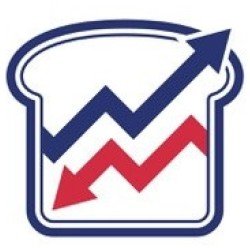More Americans dip into retirement savings as living costs rise | NEWSNATION
In recent reports from major financial institutions like Bank of America, Empower, and Fidelity, a concerning trend has emerged: more Americans are dipping into their retirement savings to make ends meet as the cost of living continues to rise. These withdrawals come in two main forms: hardship withdrawals and loans from 401(k) accounts. Hardship withdrawals for those facing immediate financial crises have surged by over 25% at Fidelity and 46% at Empower over the past year. The average amount of these withdrawals is around $10,000. However, they have drawbacks, such as income taxes and early withdrawal penalties.
On the other hand, loans from retirement accounts, which can go as high as $50,000 depending on the plan, have also increased 16% at Fidelity and 14% at Empower. This trend is attributed to factors like inflation and the rising cost of living. Many working Americans are considering taking loans or hardship withdrawals in the next six months, highlighting a broader issue: the lack of emergency savings. This raises the question of whether tapping into retirement funds is a wise choice when faced with financial challenges.
While using retirement savings may seem like a solution, it’s important to consider the long-term consequences. The decision to borrow from your 401(k) or withdraw funds can impact your future financial security. It’s a trade-off between addressing immediate needs and potentially jeopardizing your retirement. As students interested in business, economics, and finance, it’s crucial to ponder the trade-offs individuals face in managing their finances and the broader economic implications……..![]() [read more]
[read more]
Rising Dough
 Considering the rising trend of Americans tapping into their retirement savings, what are this behavior’s economic and financial consequences on individuals, the economy, investors, and shareholders? How can individuals balance addressing immediate needs and safeguarding long-term financial security, especially in a volatile economic environment?
Considering the rising trend of Americans tapping into their retirement savings, what are this behavior’s economic and financial consequences on individuals, the economy, investors, and shareholders? How can individuals balance addressing immediate needs and safeguarding long-term financial security, especially in a volatile economic environment?
*Click on the “Full Loaf” icon to read the full article! After you read the full article, let us know your thoughts.
Share this content:












